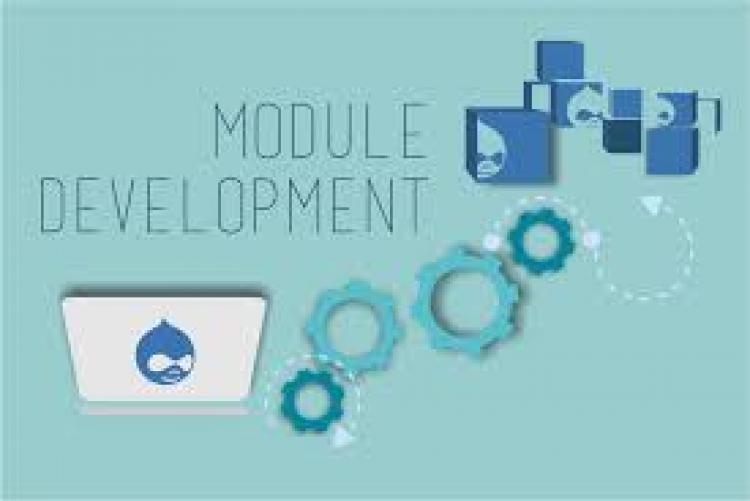Many companies do not give adequate attention to their business continuity plans with the assumption that a disaster is very unlikely. A Records management plan is the most important recovery tool to deal with disasters of any kind. An organisational memory resides in its records. It is more likely now than ever that company leadership proactively invest in their business continuity projects.
In 2002 the University of Nairobi, College of Education and External Studies started developing modules for their distance learning students. This was thought of because there were inadequate facilities to accommodate all the students in the campus. They leased buildings in every county to ensure that those distance learning students would be able to continue with studies from their native counties. This served the University very well as the students were issued with modules to study on their own and had minimal face to face during the residential classes.
The college decided to include other colleges on board to develop modules for their students. Some of the colleges were reluctant but those who were willing started developing the modules. The management supported the initiative and as we speak almost 90% of the University of Nairobi courses that were developed and uploaded on the e-learning platform are being used by the lecturers to teach the students, and therefore teaching and learning being the core business of the University is still ongoing.
One may ask of how we can stay compliant during and after disaster, and the answer is very simple. By having a complete records system during and after outage and disaster, recovery situations become easier. Organisations will need to prove their compliance with regulations and Law, while showing that they took the necessary steps to reduce the loss of life and damage to property. It is a clear indication that proper records management is a critical business continuity initiative during and after disaster of businesses.
Many companies do not give adequate attention to their business continuity plans with the assumption that a disaster is very unlikely. A Records management plan is the most important recovery tool to deal with disasters of any kind. An organisational memory resides in its records. It is more likely now than ever that company leadership proactively invest in their business continuity projects.
In 2002 the University of Nairobi, College of Education and External Studies started developing modules for their distance learning students. This was thought of because there were inadequate facilities to accommodate all the students in the campus. They leased buildings in every county to ensure that those distance learning students would be able to continue with studies from their native counties. This served the University very well as the students were issued with modules to study on their own and had minimal face to face during the residential classes.
The college decided to include other colleges on board to develop modules for their students. Some of the colleges were reluctant but those who were willing started developing the modules. The management supported the initiative and as we speak almost 90% of the University of Nairobi courses that were developed and uploaded on the e-learning platform are being used by the lecturers to teach the students, and therefore teaching and learning being the core business of the University is still ongoing.
One may ask of how we can stay compliant during and after disaster, and the answer is very simple. By having a complete records system during and after outage and disaster, recovery situations become easier. Organisations will need to prove their compliance with regulations and Law, while showing that they took the necessary steps to reduce the loss of life and damage to property. It is a clear indication that proper records management is a critical business continuity initiative during and after disaster of businesses.
- Log in to post comments

